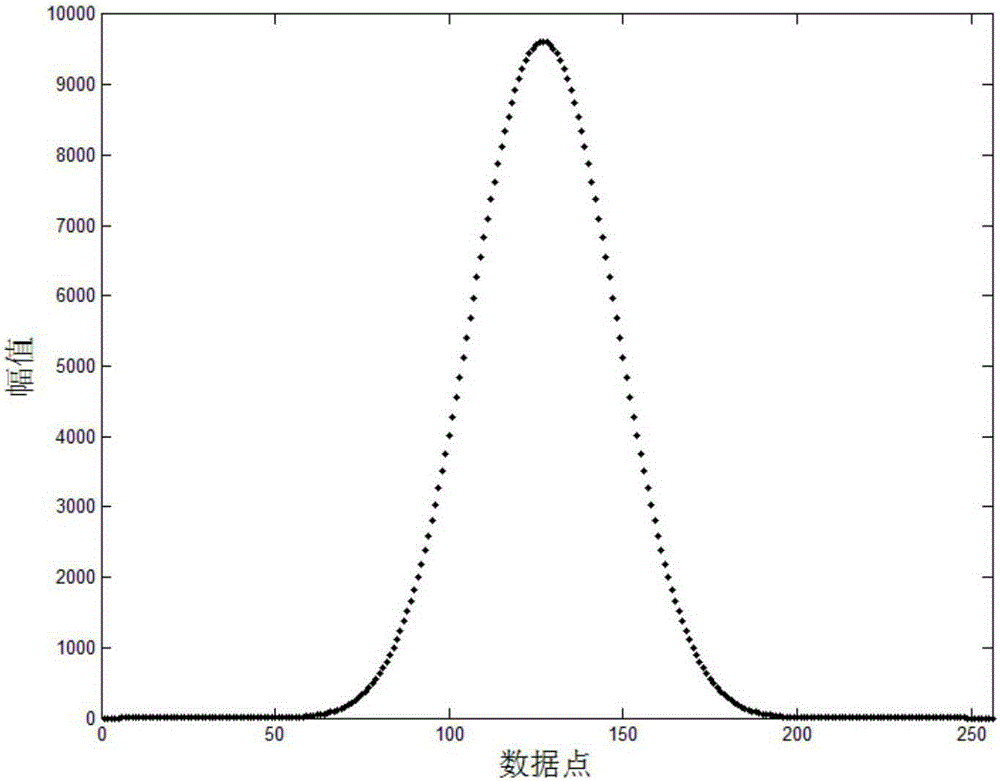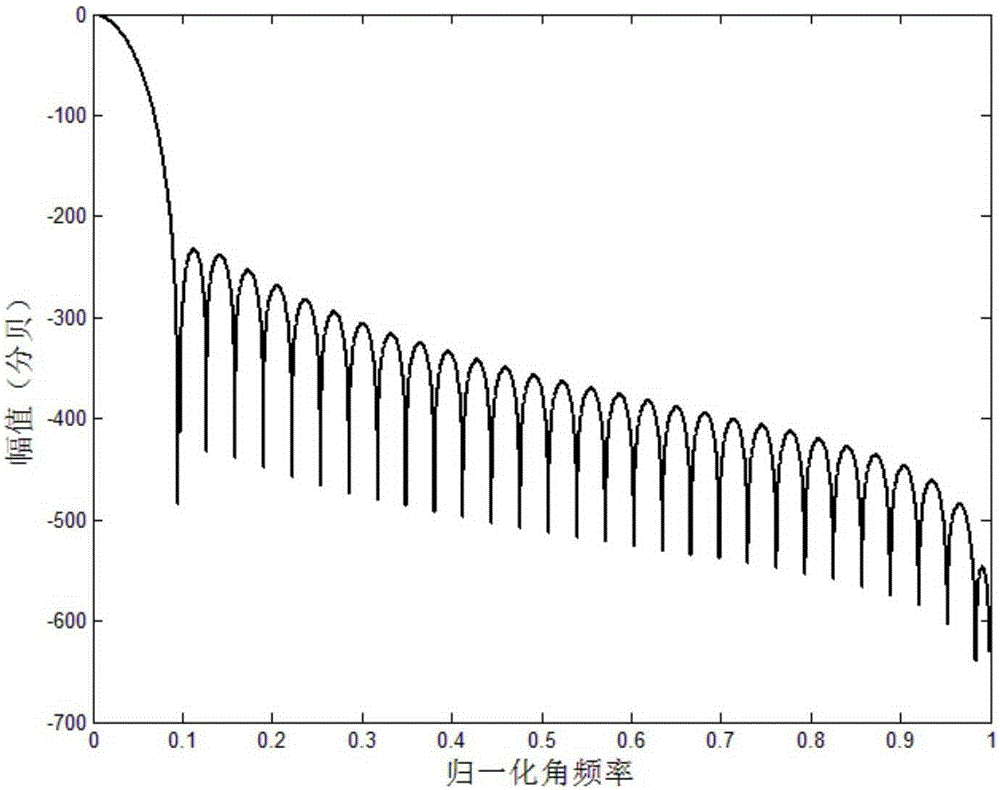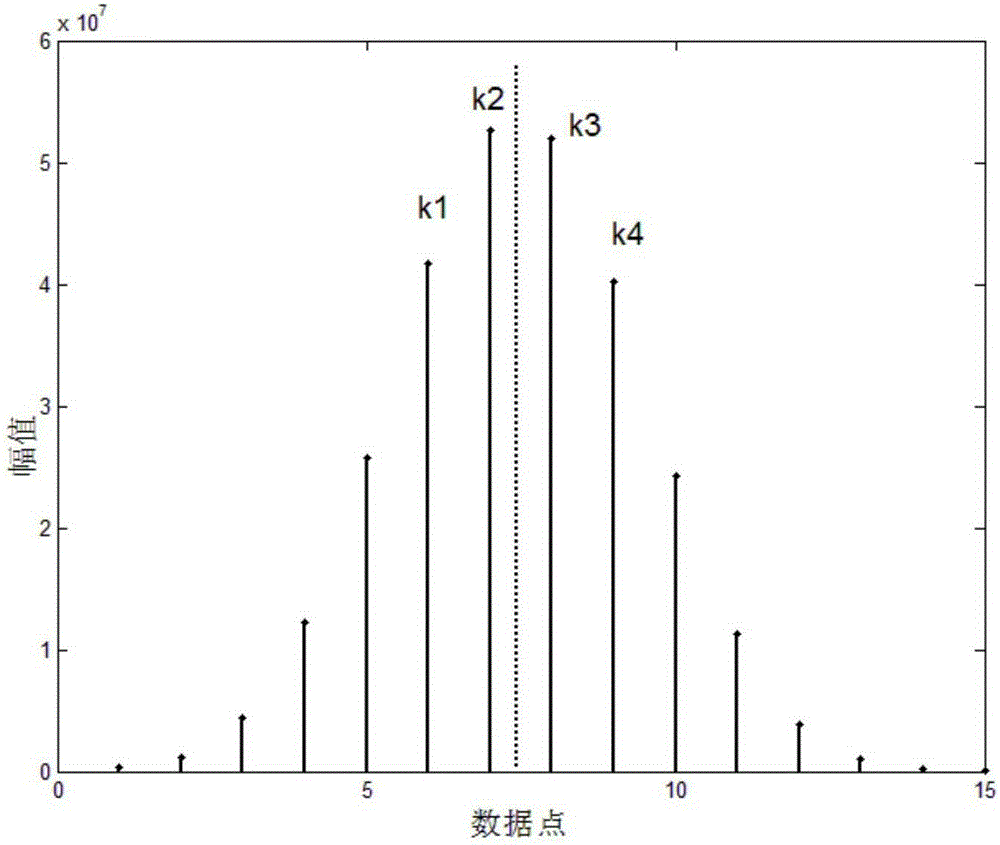A Calculation Method of Dielectric Loss Angle of Capacitive Insulation Equipment
A technology of dielectric loss angle and calculation method, which is applied in the field of monitoring and can solve problems such as large cumulative error, poor anti-interference ability, and low measurement accuracy
- Summary
- Abstract
- Description
- Claims
- Application Information
AI Technical Summary
Problems solved by technology
Method used
Image
Examples
Embodiment
[0112] It is assumed that the capacitive insulation equipment in this embodiment adopts the equivalent model of resistance and capacitance in series as Figure 5 Shown; Among them, the capacitance C=591.02pF, the resistance values are R=5kΩ, 10kΩ, 20kΩ, 22.67kΩ, 30kΩ, 40kΩ, 50kΩ, 110kΩ respectively. The formula for calculating the true value of dielectric loss angle is: δ=2πf 0 RC.
[0113] (1) Discrete sampling and analog-to-digital conversion
[0114] The high-speed analog-to-digital converter converts the measured current and voltage analog signals into digital quantities, and the sampling frequency is fs=2000Hz.
[0115] (2) Construct a discrete Blackman self-convolution window and truncate the signal with a window
[0116] Select the Blackman window with the original length of 64 to construct the 4th-order Blackman self-convolution window, the length is 256, the discrete time-domain characteristics of the 4th-order Blackman self-convolution window are as follows fig...
PUM
 Login to View More
Login to View More Abstract
Description
Claims
Application Information
 Login to View More
Login to View More - R&D
- Intellectual Property
- Life Sciences
- Materials
- Tech Scout
- Unparalleled Data Quality
- Higher Quality Content
- 60% Fewer Hallucinations
Browse by: Latest US Patents, China's latest patents, Technical Efficacy Thesaurus, Application Domain, Technology Topic, Popular Technical Reports.
© 2025 PatSnap. All rights reserved.Legal|Privacy policy|Modern Slavery Act Transparency Statement|Sitemap|About US| Contact US: help@patsnap.com



